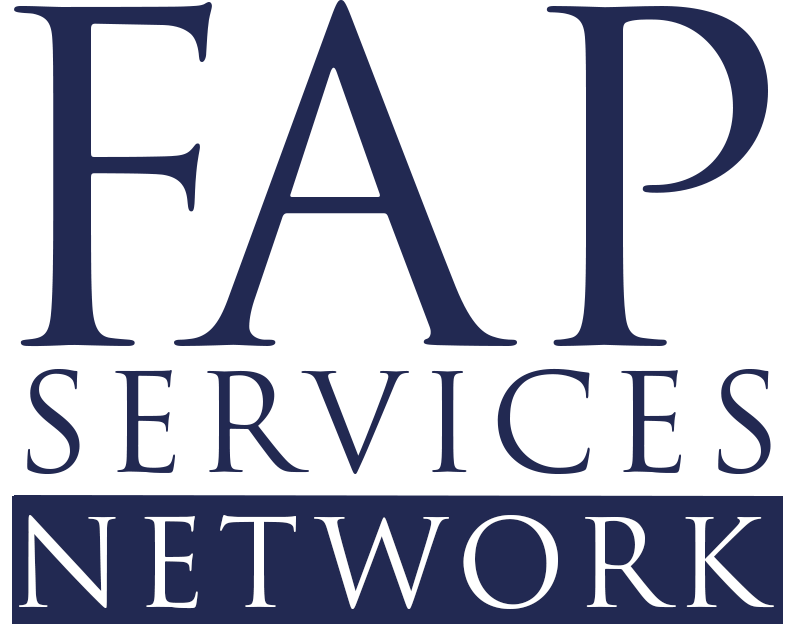Targeting Your Professional Development Needs: A Rubrics Framework Approach
This is a article that was written by Cecilia Farrow and shared as part of on our #knowledgeshare series on LinkedIn.
In my experience, working out what technical learning we need to do to acquire or maintain our knowledge as a financial adviser is the ‘easier’ part of developing a Professional Development Plan.
The more complex components are in the areas of skills and competencies because in Advice and Consultative Sales these often relate to capabilities in communication, relationship building, maintaining momentum in a client engagement, influence and professional conduct to name a few.
Objectively assessing our own effectiveness in these areas is difficult as it can be hard to be brutally honest with ourselves or to understand how others perceive our interpersonal style and its impact on them. But what we do know is that people who are highly developed in communication, listening, influence and empathy will be more successful in consultative selling advice.
What are Rubrics?
Rubrics are a resource that can help you identify development areas to focus on that will enhance your client engagement experience to achieve more effective communication, deeper client relationships, better client outcomes, and higher sales conversions.
The Rubrics provide a way to holistically evaluate the many faceted aspects of the role of an adviser and provide a rating tool designed to evaluate the effectiveness and quality of client interactions as well as internal and external stakeholder relationships. Each rubric has a scoring guide to evaluate current performance. The scoring guide is made up of three parts:
- The performance criteria
- Key behavioural indicators
- A rating scale
These define what is expected and what will be assessed and provide a framework for improving performance by setting specific actions and goals to lift advice practices.
The rating scale uses five levels and is intended to apply to the specific Rubric.
- Performs above expectations
- Fully meets expectations
- Meets most expectations
- Meets some expectations
- Does not meet expectations
10 Rubrics For Financial Advice
- Establish effective relationships with key internal stakeholders’
- Establish and maintain professional relationships with clients’
- Preparation and research for client engagement
- Professional communication with client
- Consultative advice and sales process
- Financial Advice plan documentation
- Regulatory requirements and record keeping
- Implementation processes for the Advice Plan
- Document appropriate financial solutions
- Establish effective relationships with centres of influence (COI’s)
How do incorporate Rubrics into your Professional Development Plan?
Step 1: Self-Evaluation
Conduct a thorough self-evaluation using the rubrics framework. Evaluate your current level of performance against each criterion, honestly and objectively.
Step 2: Manager/Coach/Peer Assessment
Seek evaluation from some-one who knows your advice practices well and who can provide objective feedback on your performance across each of the rubrics. Get them to do their assessment independently of your own review.
Step 3: Review the evaluations
Collate the evaluations and discuss the observations to understand the key areas of development.
Step 4: Select 2-4 rubrics to focus on
Select the rubrics that you believe will make a material positive difference to your client engagements and make these the focus of your professional development plan for the next 6-12 months.
Step 5: Plan Learning Activities/Resources
Devise a plan that outlines the learning activities necessary to reach your goals.
Identify suitable resources such as workshops, seminars, courses, or mentorship programs. Ensure that each activity aligns with the criteria and performance levels defined in the rubrics framework. This plan serves as a roadmap to guide your professional development journey.
Step 6: Monitor Progress and Adjust
Regularly monitor your progress using the rubrics framework. Assess your performance at predetermined intervals to gauge improvement objectively. Evaluate each criterion and adjust your goals and learning activities as needed. This iterative process allows for flexibility and continuous improvement.
Throughout your journey, seek feedback from supervisors, mentors, or trusted colleagues. Their insights can provide valuable guidance and help validate your self-assessment.
Consider engaging in peer collaboration or finding a mentor who can offer expertise and support as you work towards your goals.

Lastly, embrace and invest in yourself.
Remember that professional development is an ongoing journey. Embrace a mindset of lifelong learning, where you continuously seek opportunities to grow and improve. Revisit the rubrics framework regularly to assess new needs, update performance levels, and set new goals as your business and career evolve.
Assessing your professional needs and reaching your goals requires a systematic and objective approach. By utilising a rubrics framework, you gain a structured way to evaluate your skills, identify areas for improvement, and chart a clear path towards success.
If you enjoyed this article, make sure to follow FAP Services Network on LinkedIn and connect with Cecilia Farrow to have a conversation about our network.


